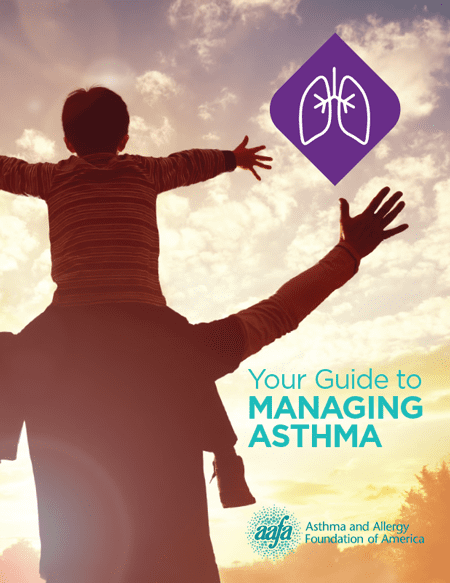Asthma
Weather
Some types of weather can trigger asthma symptoms.
These can include:
- High heat
- Cold temperatures
- High humidity
- Sudden weather changes
- Rain
- Thunderstorms
Extreme weather can irritate the airways more than milder weather. Weather can also affect pollen counts. This can cause asthma symptoms in those with allergic asthma.
Climate change (an extended change in weather patterns) affects health. With increasing temperatures and more severe storms, people with asthma are at higher risk of weather triggering asthma flares. Studies suggest climate change can actually cause asthma as well.
Closed
Cold, Dry Air
Dry and/or cold air is a trigger for airway narrowing (bronchoconstriction).
Cold air can especially affect you if you have exercised-induced bronchoconstriction (EIB). It is also called exercised-induced asthma.
When you exercise, you breathe faster and deeper because your body needs more oxygen. You usually inhale through your mouth, causing the air to be dryer and cooler than when you breathe through your nose.
Exercise that exposes you to cold, dry air is more likely to cause asthma symptoms than exercise involving warm and humid air. Learn ways to reduce your exposure to cold weather asthma triggers and the chance of having asthma symptoms or an attack this winter season
Heat and Humidity
Hot, humid air can cause asthma symptoms as well. Humidity helps common allergens like dust mites and mold thrive, aggravating allergic asthma.
Air pollution, ozone and pollen also go up when the weather is hot and humid. Particles in the air irritate sensitive airways.
Thunderstorms
When hard rain from a thunderstorm hits pollen grains, it can break them up. This makes them smaller and easier to inhale. The wind from the storm then carries the pollen grains where they can be inhaled into your lungs.
Thunderstorm asthma is an event that can affect many people at once. Thousands were affected by an incident in Melbourne, Australia, in November 2016.
What Are Some Resources to Help Me Track the Weather?
AirNow – The Environmental Protection Agency’s site on air quality gives your area’s Air Quality Index (AQI). Based on the AQI, you can tell if air quality could affect your asthma. An AQI of 101 or above is dangerous for those with asthma. You can also sign up to get daily email alerts.
National Allergy Bureau – Sign up to receive email alerts or download the app from the AAAAI to alert you of your area’s pollen counts.
Pollen.com – Enter your zip code to get local pollen forecasts and pollen history.
HeatRisk – Enter your zip code to get the HeatRisk for the week and actions you can take to keep you and your family safe.
Medical Review July 2017. Updated April, 2024
Asthma Capitals
Where you live can have an impact on your asthma. AAFA’s Asthma Capitals™ report looks at the top 100 most challenging cities in the continental United States to live with asthma.













